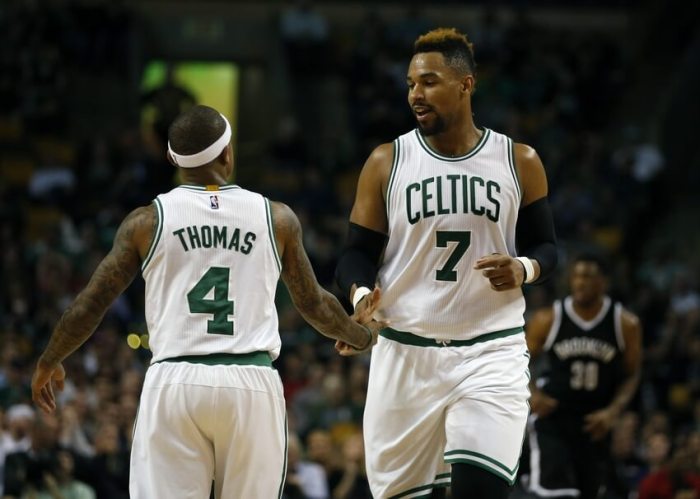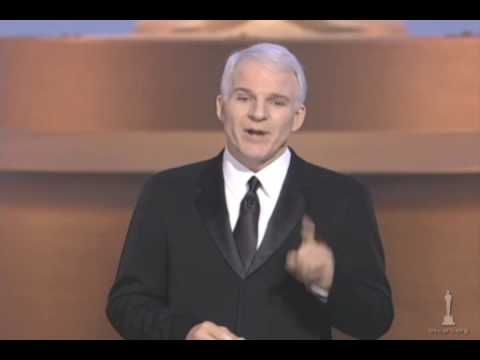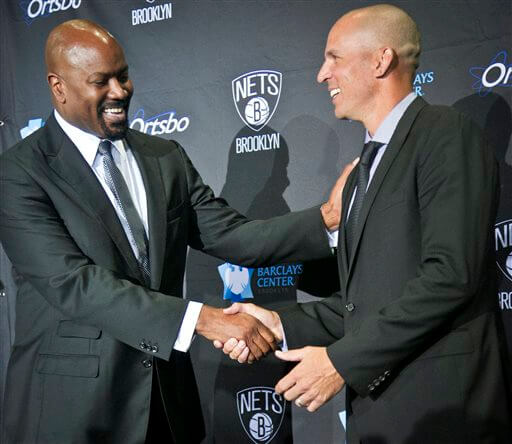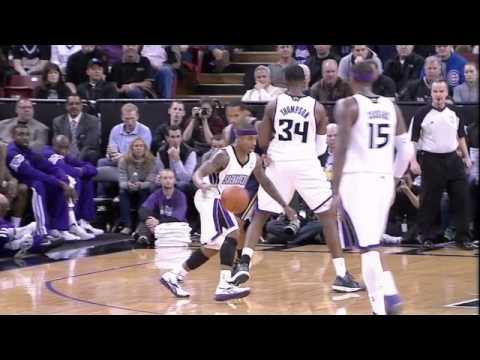
Those of you that follow baseball closely are surely familiar with Michael Lewis’s timeless book Moneyball, a look into the managing practices of Billy Beane and the Oakland Athletics in 2002. The book is fascinating, and worth a purchase if you’re interested at all in the function of behind-the-scenes sports business practices.
In the book, Lewis details some of Beane’s mantras, which include:
- Don’t ever settle.
- The day you say you have to do something, you’re screwed. Because you are going to make a bad deal. You can always recover from the player you didn’t sign. You may never recover from the player you signed at the wrong price.
- Sometimes the best looking guy or girl isn’t the best asset, and getting them doesn’t result in success.
Over the course of this past season, right up until the trade deadline, I made it a point to read Moneyball a couple of times. I thought about what made those A’s teams so successful despite their financial standing, and how powerful those messages could be to a team that actually had the money to make things happen, even in a sport with a completely different financial structure. Just imagine the Knicks in the Isaiah Thomas era if they’d heeded even one of these rules. No insane contracts to Stephon Marbury, Eddy Curry, Jerome James, et al. No $40 million over the salary cap. No worst record of the decade.
Now think about the Nets. Day after day, we heard it. “The Nets need a superstar.” That was cool. “They need an impact player.” That was cool, too. “They need someone who can change the game single-handedly on both sides of the floor.” Totally agreed. They absolutely did need someone who could immediately become the face of the franchise and aid the team on their path to win a championship.
But somewhere along the line, “The Nets need a superstar” became “The Nets need Carmelo Anthony.”
And that wasn’t cool.
I’m not exactly sure when or how it happened. Maybe it was always in the air after the LeBron sweepstakes ended with the Nets signing Travis Outlaw. Maybe the story was written that way in September, when Derrick Favors’ face was removed from NJNets.com and a deal appeared imminent. Maybe it was one of the other half-dozen times when it appeared destined that Carmelo Anthony would end up in a New Jersey Nets uniform throughout the season one way or another.
Either way, it was never the truth. In this man’s opinion, anyway.
Many people disagreed with me – many people still do. One of those guys writes for this site, and made a hell of an argument in his favor. While I never disagreed with the premise – the Nets always needed a superstar – where we did diverge is the idea that Carmelo was “the one”.
For what it’s worth, Carmelo Anthony looks the part. He plays the part. He has that “it” factor: he walks with a swagger and can seemingly score on anyone at will. Derrick Rose has that. Kobe Bryant, too. Opposing defenses have to structure their gameplan around him. He is the guy that you let carry the team, for better or for worse. He would have, without a doubt, completely changed the culture of the New Jersey Nets.
So we – the fans, the journalists, the bloggers, the whoever – ascribed the “he’s a superstar” label to Carmelo Anthony. Which, again, was cool. Kind of. Until it became “he’s the superstar.” He became the antithesis of Billy Beane’s rules: the Nets (and us) thought he was the best-looking guy, said “we have to get him,” and spent the better part of eight months trying to force a bad deal.
For those of you that get stuck in the great-terrible binary: It’s not that Carmelo Anthony is a bad player. It’s never been that. He’s never been that. What this was always about was whether or not Carmelo Anthony can be the first player, the max guy, the “superstar” on a championship team. Given the showing by New York this spring, the answer to that is still very much in doubt.
No matter who the Nets would have gotten or what the Nets would have done, they automatically made the right move merely by not making the move. They saved $65 million that they would have used on a guy who would help them more in the box office than the Atlantic Division. They were then able to use that flexibility, and still have some left over.
Thankfully, the Nets got lucky. For whatever reason you choose to believe this week – whether Carmelo just screwed with New Jersey, whether Prokhorov held the cards all along and used the Melo deal as leverage, or anything else – they didn’t settle. They didn’t overspend, lose their upside, and need to scramble to recover. They didn’t fall into the “need” trap that was set. They didn’t end up making the wrong deal. At the 23rd hour, they made the right one.


















